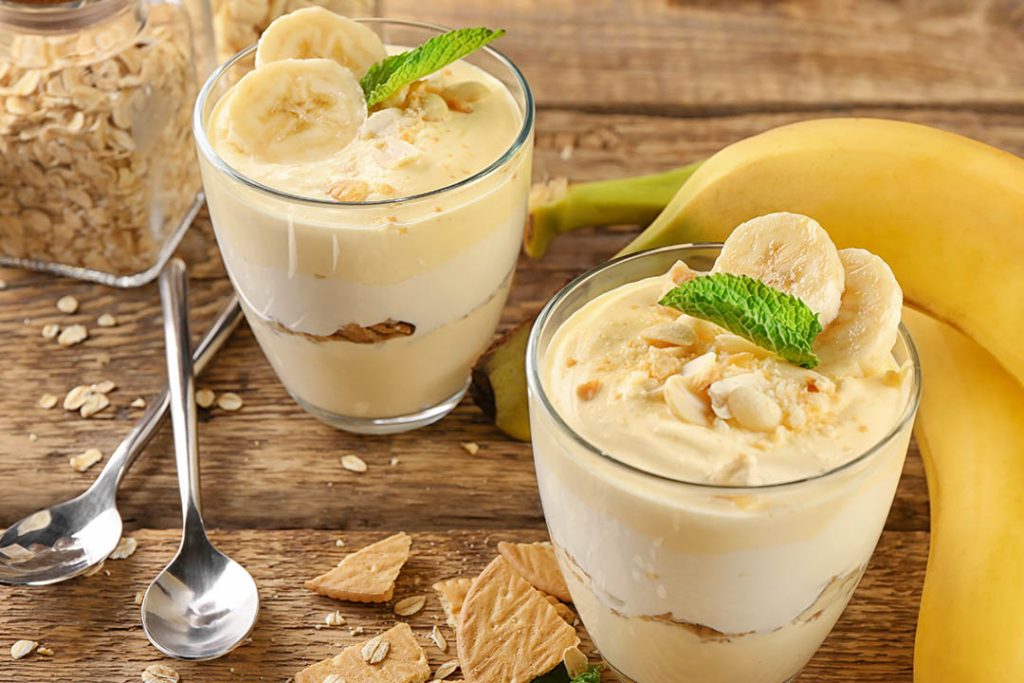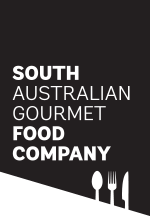
13 Feb Soluble Fibre Fights Antibiotic Resistance
Soluble Fibre Fights Antibiotic Resistance
by Ashleigh Feltham, Accredited Practising Dietitian and Accredited Nutritionist.
Antibiotics are at times necessary to fight nasty bacterial infections. Unfortunately, the overuse or misuse of antibiotics can lead to antibiotic resistance.
Antibiotic resistance is when the bacteria changes and the antibiotic is no longer an effective treatment.
These resistant bacteria can then multiply and increase the degree of antibiotic resistance. Increased antibiotic resistance makes it difficult to kill the bacterial infection, prolonging and worsening illness, and even causing death. In 2019, almost five million deaths were due to antibiotic resistance worldwide.

Your gut microbiome houses the microbes that either promote or inhibit your health. This includes the types of bacteria that can become antibiotic resistant. Exciting new research shows dietary fibre may reduce the number of bacteria that are resistant to antibiotics.
Two hundred and ninety healthy people aged between 18 and 66 years were selected for this cohort study. Researchers took a 24-hour dietary recall and food frequency questionnaires to determine the diet of the participants. Blood and urine samples were taken, as well as stool samples to identify the genes present in the gut microbiome of participants.

Researchers found that the genes for antibiotic resistance greatly differed between individuals. The most commonly occurring antibiotic resistance gene within the cohort was aminoglycoside-O-phosphotransferases.
Participants with less antibiotic resistance genes included greater amounts of soluble fibre in their diet. Additionally, a diverse diet with less animal protein, particularly pork and beef, and that included more fibre was linked to lower antibiotic resistance genes.
Researchers proposed these dietary factors created gut microbes called obligate anaerobes, which grow without the presence of oxygen. On the other hand, facultative anaerobes survive both with or without oxygen, and they facilitate antibiotic resistance. A higher number of obligate anaerobes reduces the development of facultative anaerobes. This new research may provide a dietary strategy to reduce the likelihood of antibiotic resistance occurring and improve the health of millions of people all over the world.
Plant foods contain a variety of different types of fibre, including soluble fibre. This is why structuring your meals so they contain around half plant-based foods is key to optimising your health. Plant-based foods include wholegrains, legumes, beans, nuts, seeds, fruit, and vegetables. To create the healthiest gut microbiome possible a recommended lifestyle goal is to include 30 different plant foods a week.
An adult needs 25-38 grams of dietary fibre each day. Fibre, such as inulin, is a soluble and prebiotic fibre. Prebiotic fibre is a type of carbohydrate that your body cannot digest, but it is the fuel source for health promoting microbes in your gut.

Take home message:
The gut microbiome is a key component of your health. The types and variety of microbes dictate your health status. To promote health in multiple ways and reduce your likelihood of developing bacteria that is antibiotic resistant, remember to love plant-based foods.
References:
- Oliver A, Xue Z, Villanueva YT, Durbin-Johnson B, Alkan Z, Taft DH, Liu J, Korf I, Laugero KD, Stephensen CB, Mills DA, Kable ME, Lemay DG. Association of Diet and Antimicrobial Resistance in Healthy U.S. Adults. mBio. 2022 Jun 28;13(3):e0010122. doi: 10.1128/mbio.00101-22. Epub 2022 May 10. PMID: 35536006; PMCID: PMC9239165.
- Antibiotic Resistance. Medline Plus Trusted Health Information for You.
- Antibiotics: When you need them and when you don’t. UT Southwestern Medical Centre.
- Antimicrobial Resistance Collaborators. Global burden of bacterial antimicrobial resistance in 2019: a systematic analysis. Lancet. 2022 Feb 12;399(10325):629-655. doi: 10.1016/S0140-6736(21)02724-0. Epub 2022 Jan 19. PMID: 35065702; PMCID: PMC8841637.
